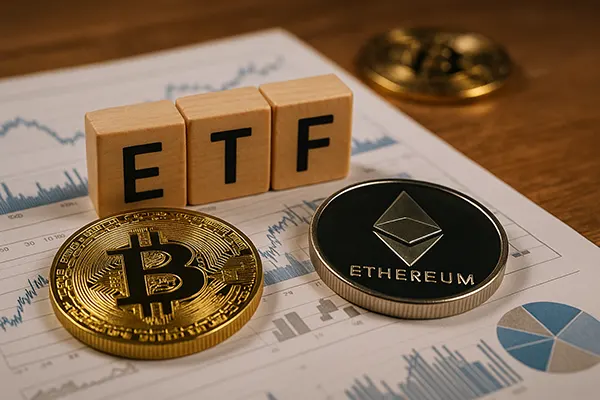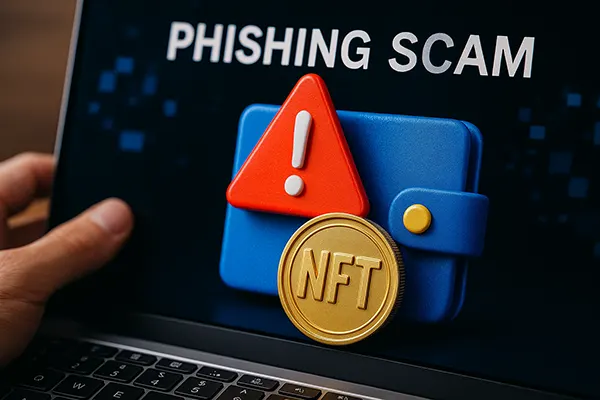
How to Protect Your Crypto Funds When Playing at Online Casinos: 5 Essential Tips
As cryptocurrencies gain popularity in the online gambling sector, so do the risks associated with their use. Players seeking convenience, speed, and anonymity increasingly choose crypto-friendly casinos. However, safeguarding your digital assets while gaming is vital. This article outlines five essential strategies to help you protect your crypto funds when playing at online casinos in 2025.
Choose Licensed and Transparent Crypto Casinos
The first line of defence against fraud is selecting an online casino that holds a legitimate gambling licence. Regulated casinos operating under jurisdictions like Malta (MGA), Curaçao, or the UK Gambling Commission must meet strict security and operational standards. Always verify a casino’s licence number and cross-check it on the regulator’s official website to ensure authenticity.
Transparency is another crucial element. A trustworthy crypto casino clearly outlines its terms, withdrawal limits, bonus rules, and security protocols. Look for user reviews, forums like Bitcointalk or Reddit, and third-party ratings to assess a platform’s reputation. In 2025, top platforms also implement provably fair gaming to provide verifiable randomness, which strengthens player trust.
Be cautious of casinos that accept crypto but lack regulatory oversight or fail to publish information about their team, security practices, or financial guarantees. These platforms often pose significant risks of fund loss or privacy breaches.
Check for KYC and AML Compliance
While anonymity is a draw for many crypto users, complete anonymity in online gambling is increasingly rare due to Anti-Money Laundering (AML) regulations. Casinos that follow Know Your Customer (KYC) protocols are more likely to be compliant and secure. These checks may include ID verification, proof of address, or crypto wallet ownership validation.
Though KYC may seem intrusive, it plays a significant role in fraud prevention. If a casino doesn’t implement any form of KYC, consider it a red flag. Reputable operators ensure that user verification protects against identity theft and improves account recovery in case of disputes or hacking attempts.
In 2025, some advanced platforms allow non-intrusive KYC, where players can verify wallet activity without revealing sensitive personal data. This balanced approach supports compliance while respecting user privacy.
Use Secure Wallets and Avoid Storing Funds on Casinos
Never use an online casino as a storage wallet for your crypto assets. These platforms are often targeted by cybercriminals. Once your gaming session is over, withdraw your winnings promptly to a secure personal wallet—preferably a hardware or cold wallet. This significantly reduces the risk of hacks or platform insolvency.
Cold wallets like Ledger or Trezor keep your private keys offline, making them nearly immune to online threats. For frequent transactions, hot wallets with two-factor authentication (2FA) and encryption—such as MetaMask or Trust Wallet—can be used, but never for holding large amounts.
Always double-check the destination wallet address when transferring funds. Malicious software can modify copied addresses to redirect funds. In 2025, many wallets include address whitelisting and transaction confirmation prompts to reduce this risk.
Enable Two-Factor Authentication and Strong Passwords
Security starts with you. Set up two-factor authentication (2FA) on both your crypto wallet and online casino account. Google Authenticator, Authy, and biometric-based 2FA are popular tools that add a second layer of defence against unauthorised access.
Avoid reusing passwords across platforms and use a password manager like Bitwarden or 1Password to generate complex, unique credentials for every account. Update your passwords regularly and avoid sharing your login details with anyone, even support agents.
Casinos offering additional security features, such as email confirmations for transactions or login alerts, provide better protection. Opt into these notifications whenever possible for increased oversight of account activity.

Prioritise Privacy and Network Security
Your online behaviour and device security directly affect your crypto safety. Avoid using public Wi-Fi when accessing casino accounts or wallets, as these networks are vulnerable to man-in-the-middle attacks. Instead, connect through a Virtual Private Network (VPN) with a no-logs policy, such as NordVPN or ProtonVPN.
Keep your device’s operating system and antivirus software updated. Use trusted browsers like Firefox or Brave with anti-tracking extensions. Regularly scan your system for malware that can compromise wallet credentials or redirect transactions.
Consider using browser isolation tools or opening casino and wallet sessions in separate browser profiles to prevent cross-session attacks. In 2025, leading privacy tools integrate seamlessly with Web3 platforms, enabling secure gaming without sacrificing convenience.
Stay Informed About Emerging Threats
The crypto and iGaming landscapes evolve rapidly. Stay informed about phishing schemes, malware, and new scams targeting crypto gamblers. Follow trusted cybersecurity blogs, Reddit crypto threads, and updates from wallet providers or casino platforms.
Be wary of unsolicited messages or support representatives asking for wallet access or private keys. No legitimate service will ever request this information. Bookmark the official casino URLs and avoid accessing your accounts through third-party links in emails or ads.
Finally, educate yourself continuously. A single mistake can lead to irreversible loss. The more informed you are, the less likely you are to fall victim to increasingly sophisticated scams in the online gambling space.




